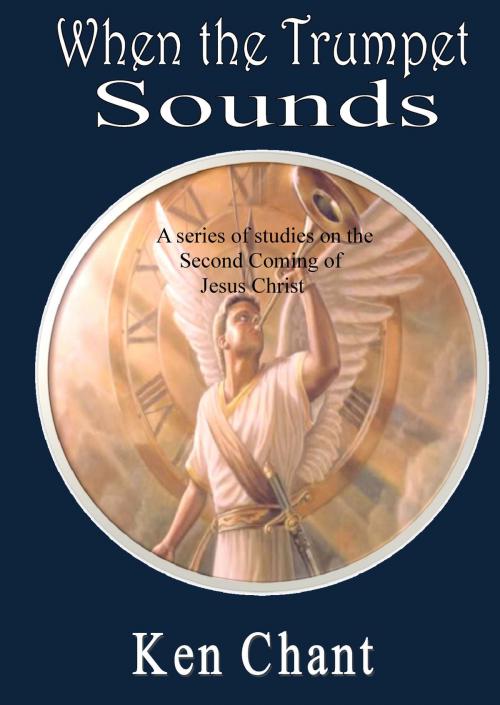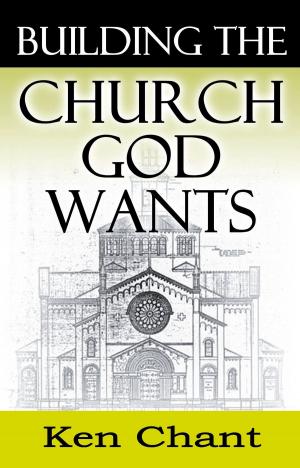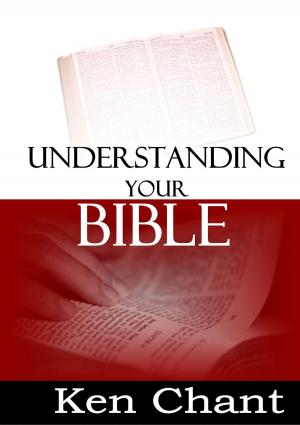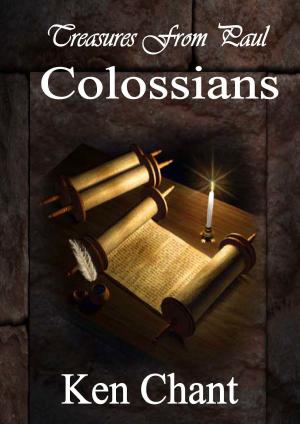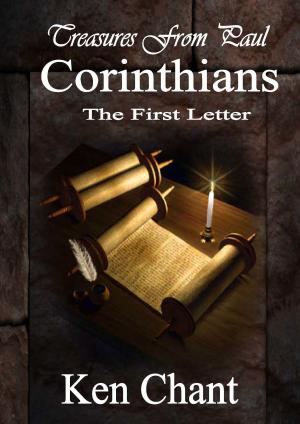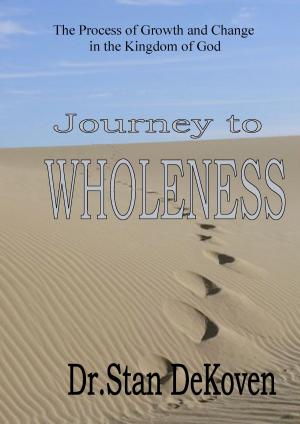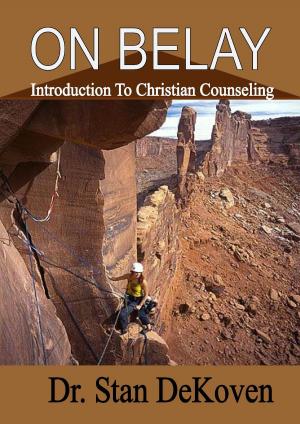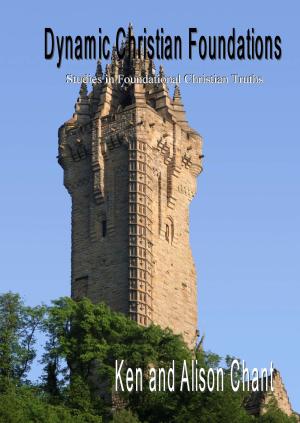When The Trumpet Sounds
Nonfiction, Religion & Spirituality, Bible & Bible Studies, Hermeneutics, Theology, Christianity| Author: | Ken Chant | ISBN: | 9781311442789 |
| Publisher: | Vision Colleges | Publication: | December 9, 2014 |
| Imprint: | Smashwords Edition | Language: | English |
| Author: | Ken Chant |
| ISBN: | 9781311442789 |
| Publisher: | Vision Colleges |
| Publication: | December 9, 2014 |
| Imprint: | Smashwords Edition |
| Language: | English |
During his ministry in Palestine the Lord Jesus Christ often spoke of his going back to heaven and then of his coming again to earth. He said –
In my Father’s house are many mansions. If this were not so, I would have told you. I go to prepare a place for you, and if I go and prepare a place for you, I will come again, and receive you unto myself, that where I am there ye may be also (Jn 14:1-3, KJV).
Notice how Jesus placed the proof of his return on the fact of his resurrection and ascension. He said, “If I go ... I will come again.”
Did he go? Then he will come again!
The resurrection of Christ is one of the most well attested facts in all history. But quite apart from historical evidence, the doctrine itself is one of the strongest arguments for its truth. Here is a doctrine completely foreign to every other trend of religious teaching. How can anyone explain its existence apart from its truth?
All the great religious leaders of the world – Buddha, Mahomet, Confucius – were deeply venerated by their followers. Tremendous pains were taken to preserve the mortal remains of these famed leaders. There are magnificent temples in India which enshrine one of the Buddha’s teeth. The same human characteristic can be seen in the Orthodox and Catholic bodies of Christendom. How greatly people honour the relics of the saints – they revere all manner of robes, statues, and ancient articles. This world-wide and prolific testimony to the ordinary trend of human nature leaves no doubt at all that, had it been possible to do the same with the body of Jesus, it too would have been preserved and venerated. But there are no relics of Jesus. His tomb was empty on resurrection morning!
If Jesus, therefore, was true in prophesying his death and resurrection, he must have been true also in prophesying his return to the earth in power and glory, for it is hardly likely that he would be correct in the first prediction but wrong in the second. The marvel of his return is not greater than the marvel of his victory over death
During his ministry in Palestine the Lord Jesus Christ often spoke of his going back to heaven and then of his coming again to earth. He said –
In my Father’s house are many mansions. If this were not so, I would have told you. I go to prepare a place for you, and if I go and prepare a place for you, I will come again, and receive you unto myself, that where I am there ye may be also (Jn 14:1-3, KJV).
Notice how Jesus placed the proof of his return on the fact of his resurrection and ascension. He said, “If I go ... I will come again.”
Did he go? Then he will come again!
The resurrection of Christ is one of the most well attested facts in all history. But quite apart from historical evidence, the doctrine itself is one of the strongest arguments for its truth. Here is a doctrine completely foreign to every other trend of religious teaching. How can anyone explain its existence apart from its truth?
All the great religious leaders of the world – Buddha, Mahomet, Confucius – were deeply venerated by their followers. Tremendous pains were taken to preserve the mortal remains of these famed leaders. There are magnificent temples in India which enshrine one of the Buddha’s teeth. The same human characteristic can be seen in the Orthodox and Catholic bodies of Christendom. How greatly people honour the relics of the saints – they revere all manner of robes, statues, and ancient articles. This world-wide and prolific testimony to the ordinary trend of human nature leaves no doubt at all that, had it been possible to do the same with the body of Jesus, it too would have been preserved and venerated. But there are no relics of Jesus. His tomb was empty on resurrection morning!
If Jesus, therefore, was true in prophesying his death and resurrection, he must have been true also in prophesying his return to the earth in power and glory, for it is hardly likely that he would be correct in the first prediction but wrong in the second. The marvel of his return is not greater than the marvel of his victory over death
